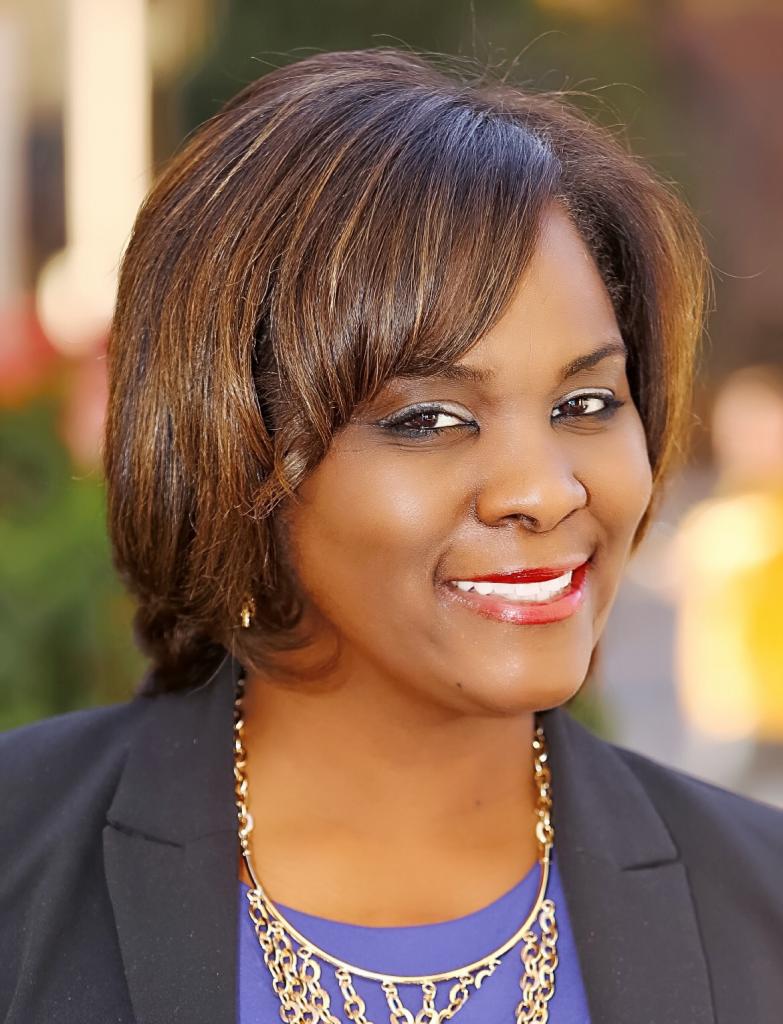TechTank: Social Media and Teens: How Do They Think It Impacts Them?
Published by The Lawfare Institute
in Cooperation With

Legislators across the aisle have recently linked social media platforms with increasing rates of teen depression, anxiety, body dysmorphia, and in more severe instances, suicide. As young people find themselves heavily engaged with social media platforms, including TikTok, Instagram, and YouTube, policymakers and now parents have raised concerns and potential interventions as extreme as banning the use of certain social media applications to guard against online privacy violations and perceived, negative mental health outcomes. The U.S. Surgeon General Vivek Murthy also issued a federal advisory on social media’s impact on adolescent mental health.
While various studies and surveys in recent years have produced mixed results regarding social media’s role as the sole cause of declining mental health among teens, there is evidence that these platforms do influence teen behavior. A recent study conducted by Meta about its own platform, Instagram, revealed that 13% of British teens attributed their suicidal thoughts to the platform, and approximately one-third of teenage girls reported body image issues related to social media.
Policymakers and parents have raised public concerns and support for restrictions and regulations on teenagers’ access to social media at both the state and federal levels. Several states, including Arkansas, Utah, and Louisiana, have passed bills prohibiting individuals under 18 years old from having social media accounts without parental consent. Similar efforts have also been made at the federal level with the introduction of the Kids Online Safety Act, which aims to regulate social media platforms themselves to create safer spaces for children.
While the debates over social media use among teens and younger children will permeate broad conversations that seek to enhance their safety and security while online, what young people think about these concerns is not often included in these conversations, and their opinions are not considered when establishing absolute bans as the primary means to quell use, addiction, and other potential harms.
In this episode of the TechTank podcast, co-host Nicol Turner Lee will be joined by Monica Anderson, director of Internet and Technology Research at Pew Research Center, Camisha Covington Parker, dean at Northern Virginia Community College, and Girl Scout leader for Chloe Lee and Camdyn Parker, both high school students, who will share what policymakers and parents should consider when addressing the increasing use and impacts of social media on teens. Listen to the episode and more from the TechTank podcast on Apple, Spotify, or Acast.



.jpg?sfvrsn=912f39e2_5)
